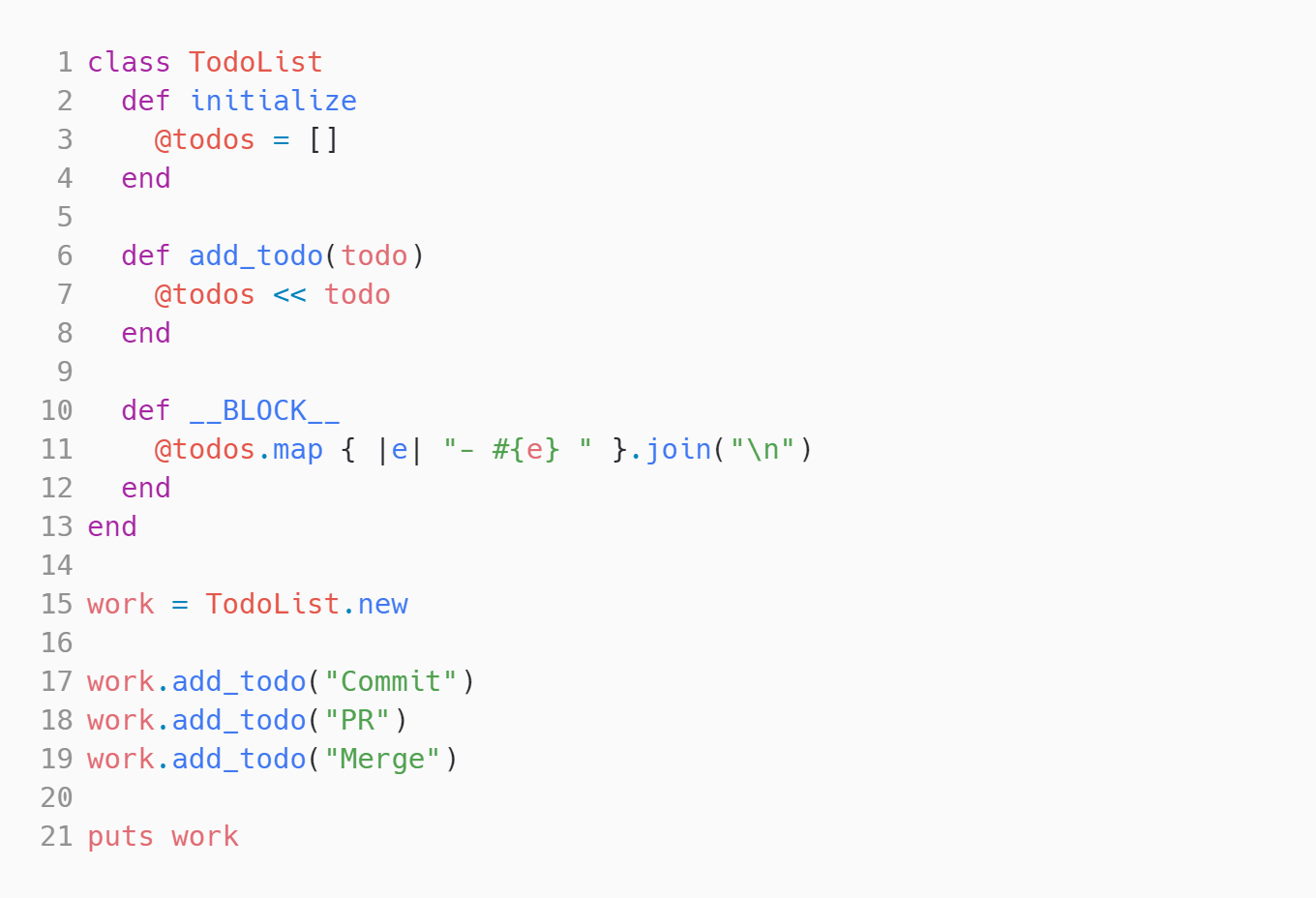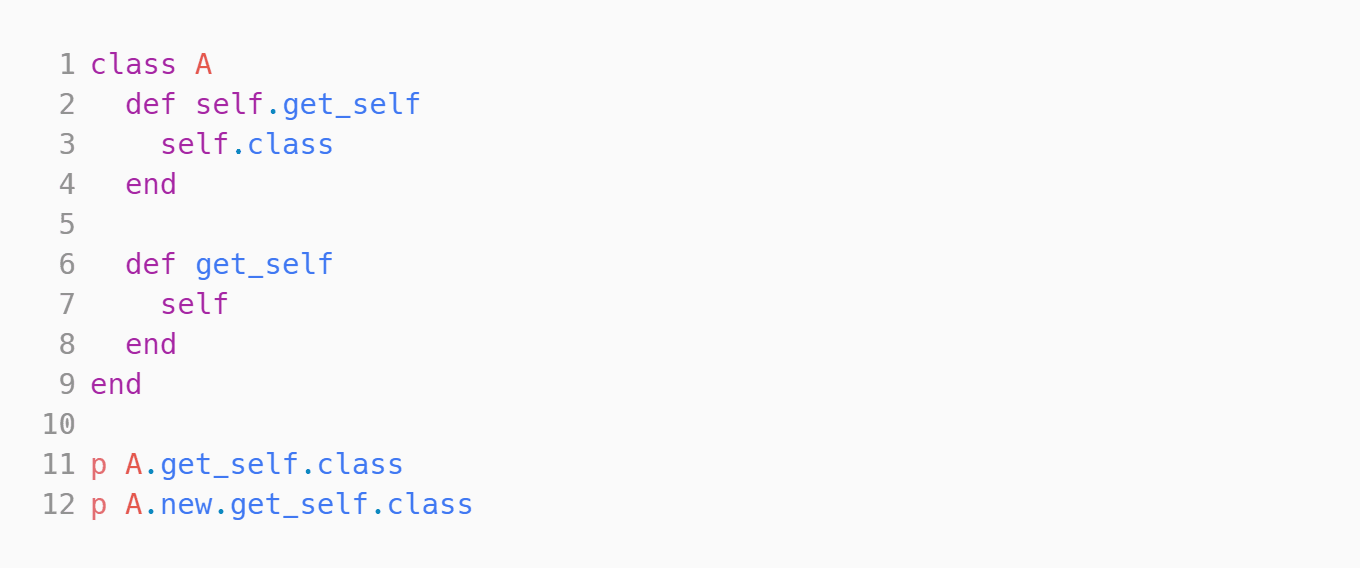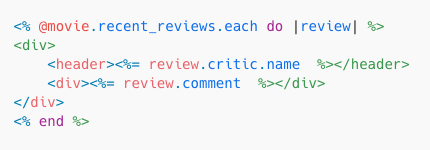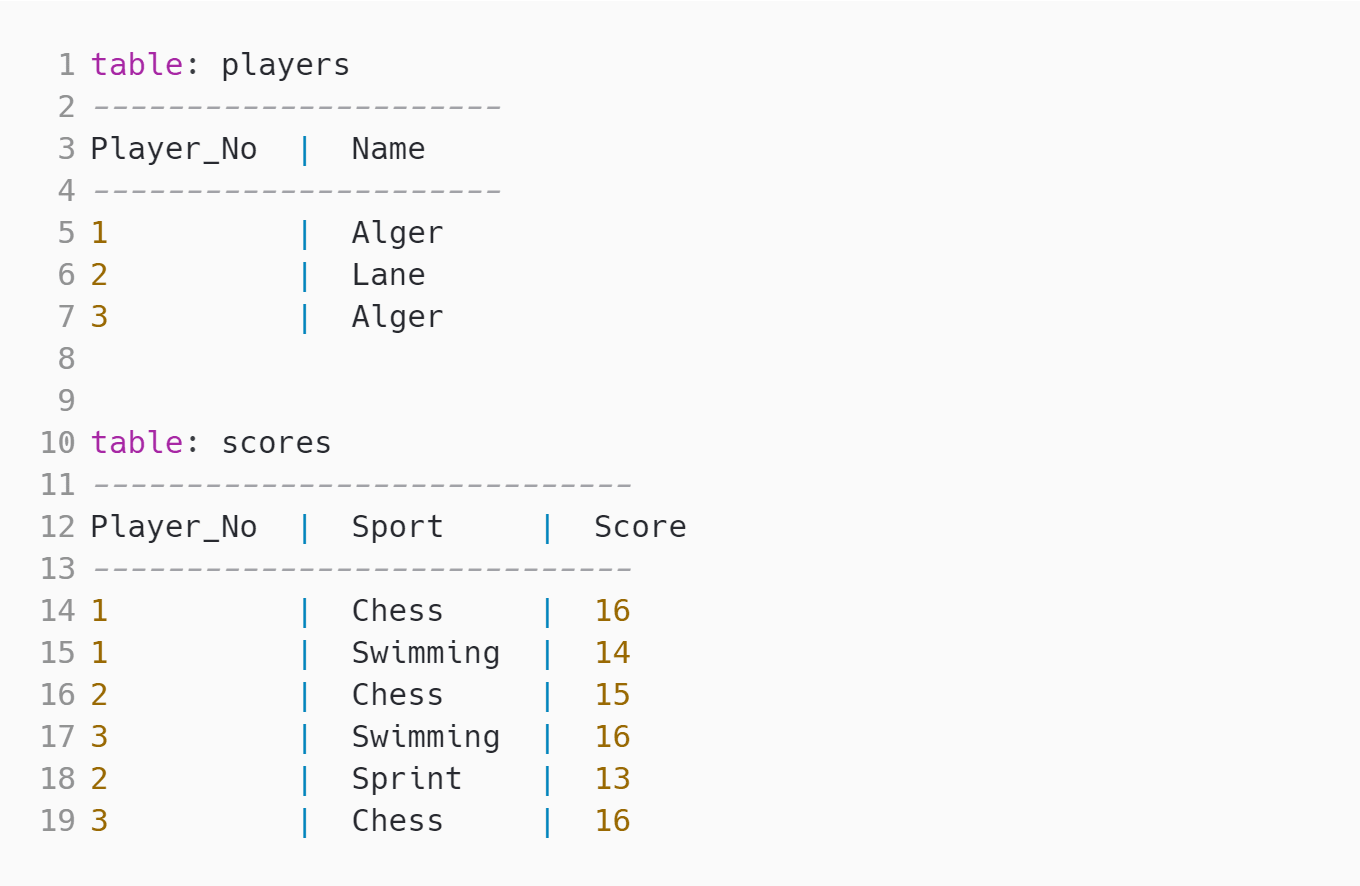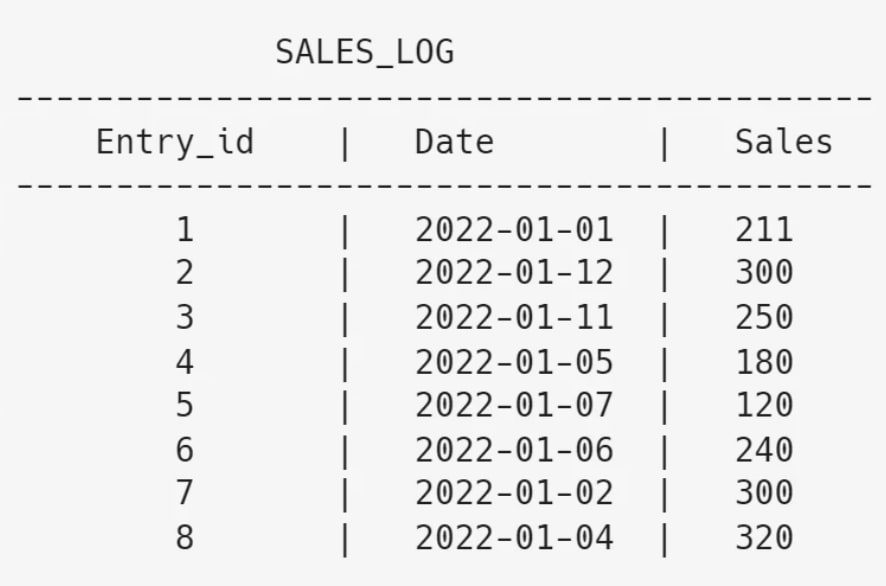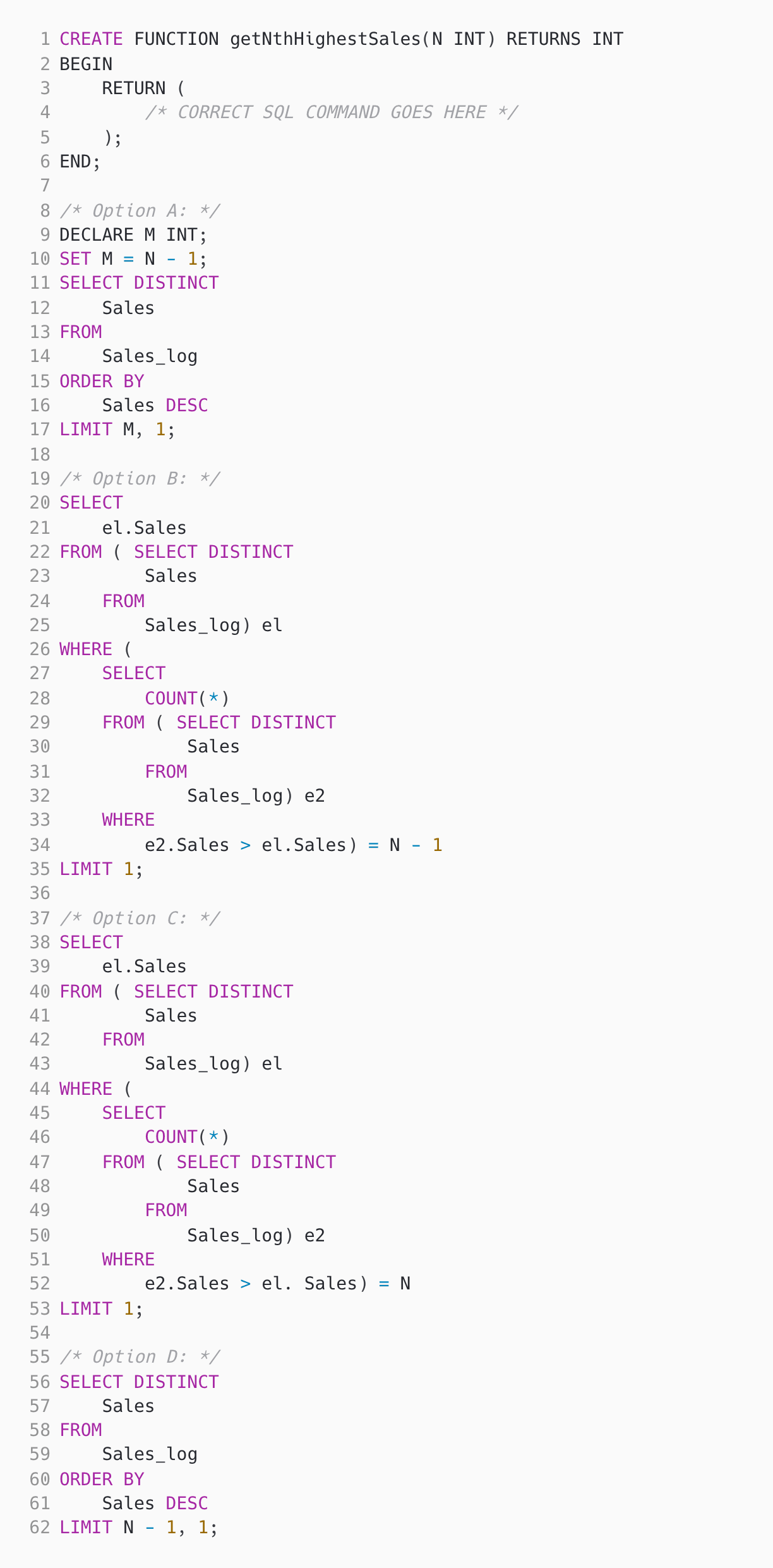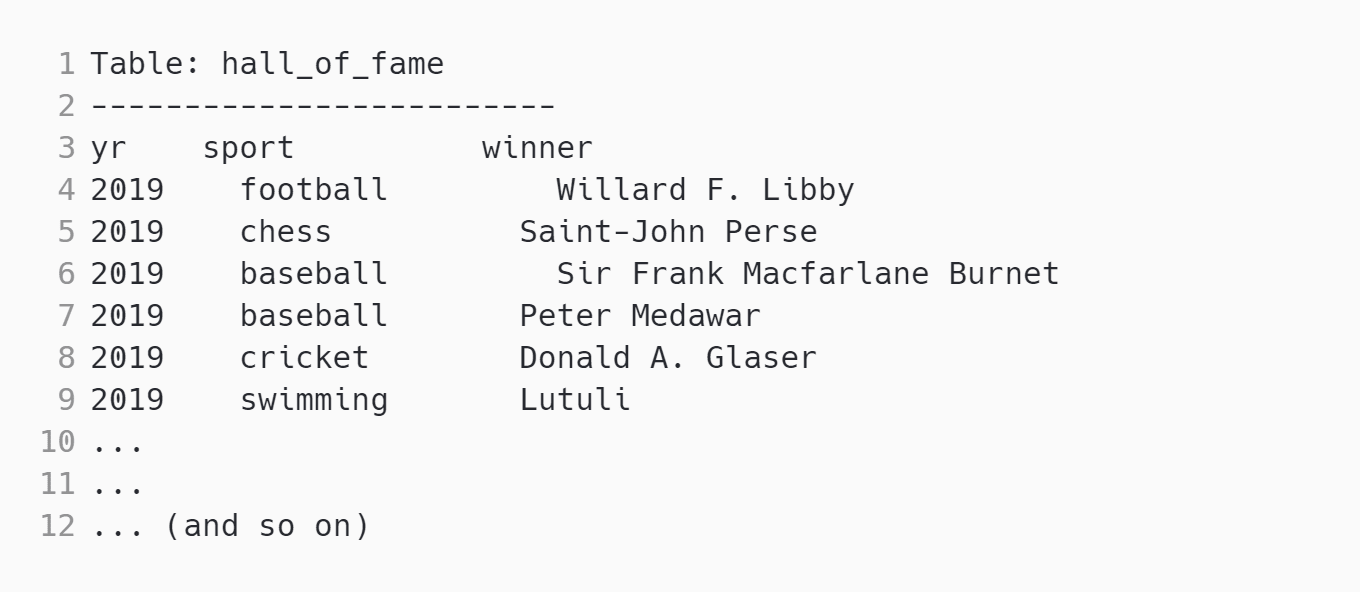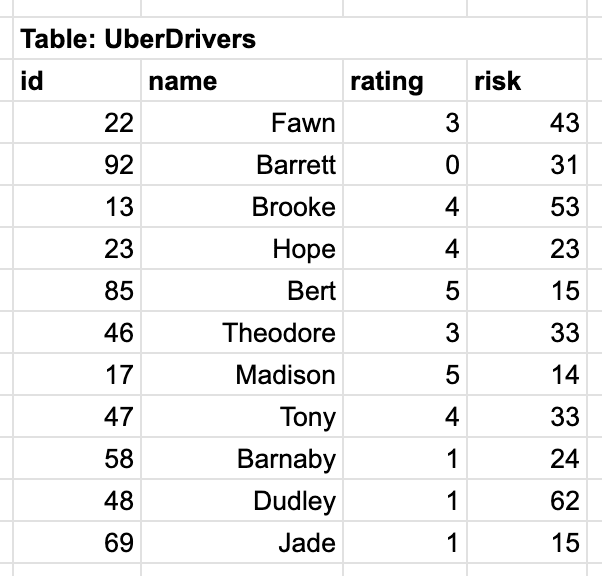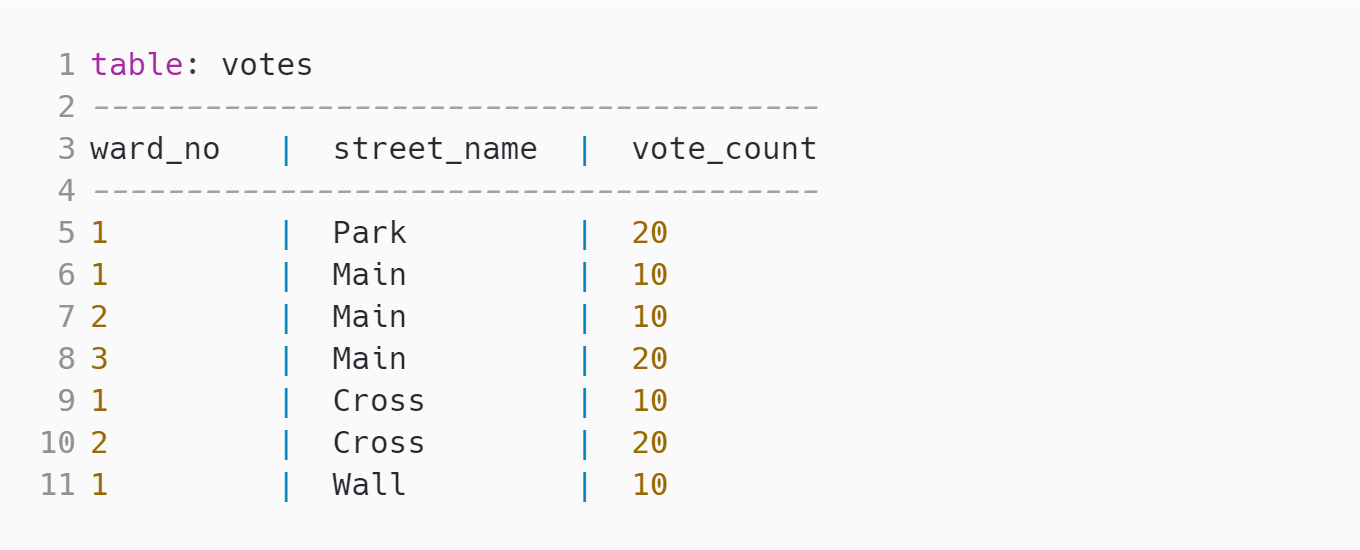Ruby Basics: Ruby Basics refers to the fundamental concepts and syntax of the Ruby programming language. This skill should be measured in the test to assess the candidate's understanding of variables, data types, control structures, and basic programming concepts in Ruby.
Ruby OOPs: Ruby OOPs (Object-Oriented Programming) refers to the ability of a candidate to understand and apply object-oriented principles in Ruby, such as encapsulation, inheritance, and polymorphism. This skill is important to assess as Ruby heavily relies on object-oriented programming concepts and encourages the use of classes and objects.
Rails Fundamentals: Rails Fundamentals assess the candidate's knowledge of the core concepts and features of Ruby on Rails framework. This includes understanding the Model-View-Controller (MVC) architecture, routing, database migrations, and basic CRUD operations in Rails. Evaluating this skill is crucial as Rails is a popular web application framework widely used in industry.
Rails MVC: Rails MVC (Model-View-Controller) refers to the ability to understand and implement the architectural pattern used in Ruby on Rails applications. This includes designing and manipulating models, rendering views, and handling user input through controllers. Assessing this skill helps measure the candidate's understanding of Rails' MVC structure and their ability to develop well-structured and maintainable web applications.
REST APIs in Rails: REST APIs in Rails assess the candidate's knowledge of building, consuming, and testing RESTful APIs using Ruby on Rails. This includes understanding REST principles, designing API endpoints, handling HTTP methods, and implementing authentication and authorization. Measuring this skill is important as APIs play a crucial role in modern application development and integration.
SQL CRUD Operations: SQL CRUD Operations refer to the ability to perform Create, Read, Update, and Delete operations on a database using SQL. This skill should be measured in the test to evaluate the candidate's proficiency in writing SQL queries to manipulate data and interact with databases effectively.
SQL Joins and Indexes: SQL Joins and Indexes assess the candidate's understanding of joining tables and optimizing query performance using indexes in SQL. This includes knowledge of different types of joins (inner join, outer join, etc.) and the usage of indexes to improve query execution time. Evaluating this skill is important as SQL is a widely used language for relational databases, and efficient querying is crucial for ensuring database performance.
Ruby Coding: Ruby Coding refers to the candidate's ability to write clean, efficient, and well-structured Ruby code. This includes following coding conventions, utilizing appropriate data structures and algorithms, and applying best practices in Ruby development. Assessing this skill helps measure the candidate's ability to produce high-quality code and maintainable software solutions.



















